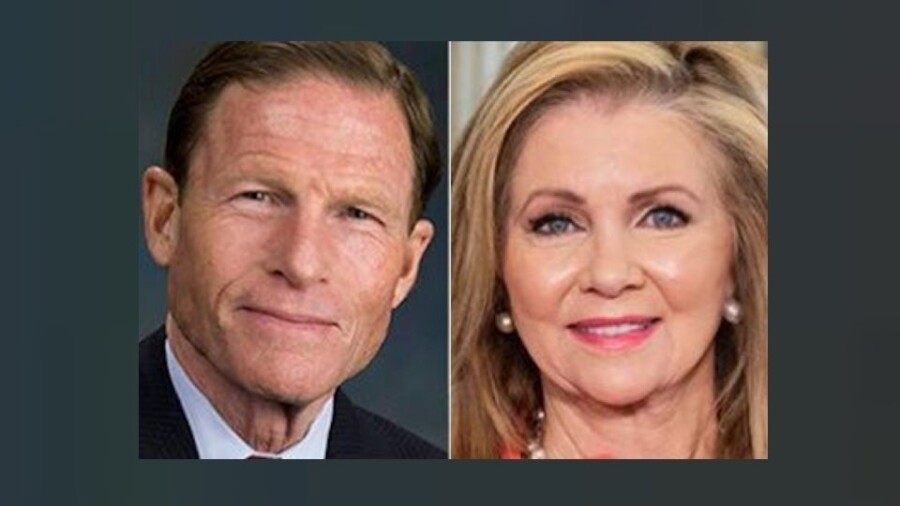
WASHINGTON — Conservative newspaper The Washington Times published Tuesday an opinion piece by the executive director of the Taxpayers Protection Alliance criticizing KOSA on constitutional grounds.
KOSA, wrote TPA’s Patrick Hedger, “has been circulating for years, and the sponsors of the legislation have attempted that entire time to outmaneuver criticism of their bill. Unfortunately, as so often happens, that maneuvering has been political and not substantive. As such, concerns related to censorship, politicized enforcement, and the First Amendment remain. The element that doesn’t get enough attention is the near certainty that if passed this child safety bill will undermine child safety.”
According to Hedger, politicians were “unable to navigate the collision of philosophical principles and policy specifics,” so they ended up drafting KOSA, a bill “that greatly undermines children’s online privacy while placing an out-of-control Federal Trade Commission, with zero relevant child development expertise, in charge of speech on the internet.”That bill is called the Kids Online Safety Act (KOSA).
As XBIZ reported, Sen. Marsha Blackburn (R-Tennessee) and Sen. Richard Blumenthal (D-Connecticut) have been marketing KOSA as a bipartisan effort, selling it to their colleagues as a “protect the children” measure.
In February, Blackburn and Blumenthal released a new version of the bill, which they claimed addressed privacy and censorship issues flagged by opponents. However, critics insist that the revised version still presents insurmountable problems.
Industry attorney and free-speech specialist Lawrence Walters, of Walters Law Group, explained in February that KOSA “would give the government new powers to interfere with the First Amendment rights of online platforms generally, threatens anonymous speech and incentivizes adoption of age verification for all users.”
The bill would also “burden access to adult materials by adults and is constitutionally suspect,” he told XBIZ, and urged anyone who cares about online freedom to voice opposition to the bill.
“Congress has put substantial pressure on social media sites to accept government regulation, so it is no surprise that some large platforms are bowing to that pressure — just as they did when it came to FOSTA/SESTA,” Walters noted.
Hedger’s Washington Times article makes the same argument on conservative grounds. “If protecting children online is such a major priority for lawmakers, they should act like it,” he writes. “If there is a genuine crisis of mental and emotional well-being in this country, then we should be marshaling the resources necessary to tackle that problem. Instead, we have politicians advancing ideas that they already know won’t work. They’ve already seen the courts step in to block similar bills.”
According to Hedger, lawmakers should have learned by now from that experience, and “convened relevant stakeholders, and shifted their legislation away from constitutional and privacy issues and towards solutions that would deal directly with mental health and child exploitation.”
Main Image: KOSA sponsors Sen. Marsha Blackburn (R-Tennessee) and Sen. Richard Blumenthal (D-Connecticut)
